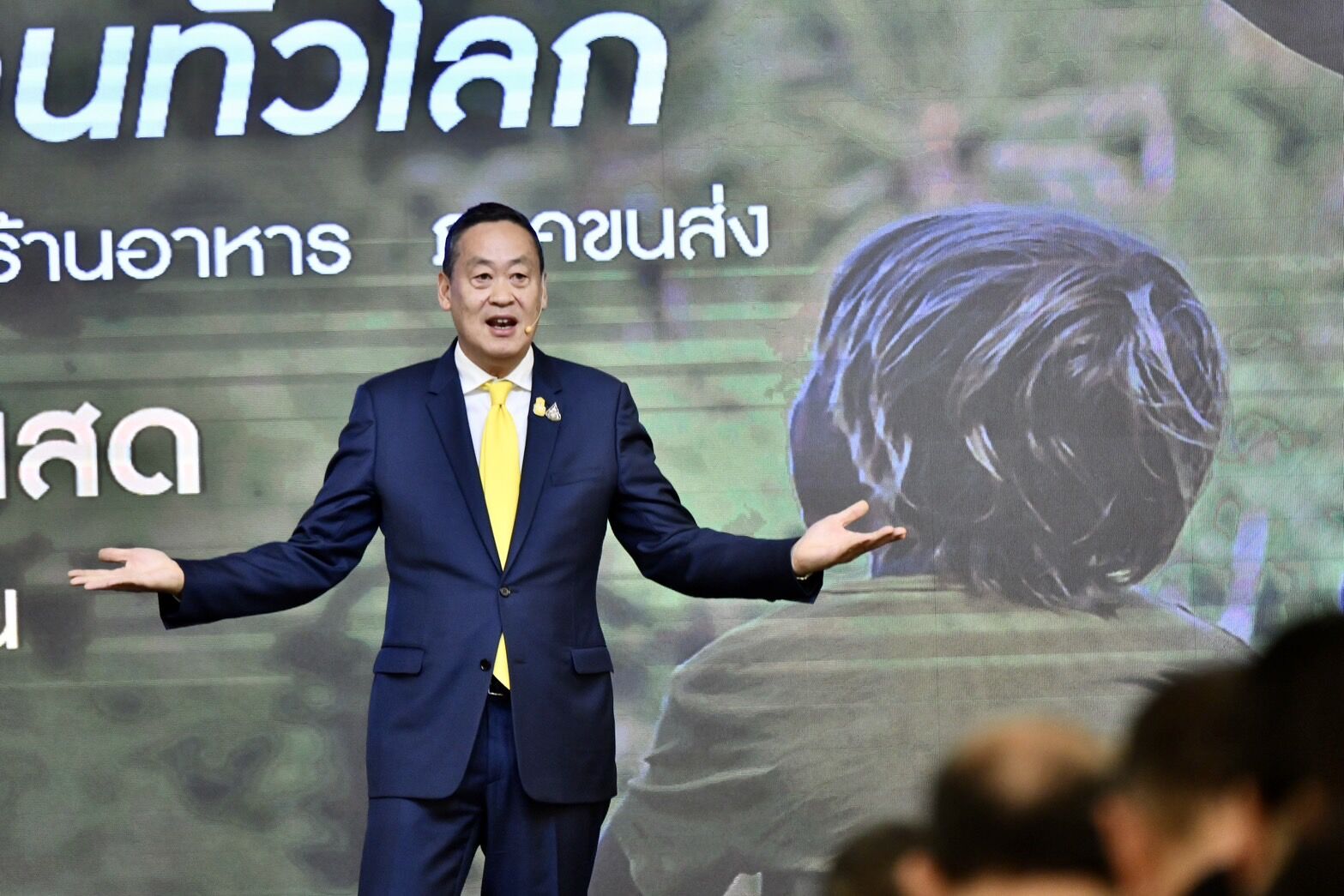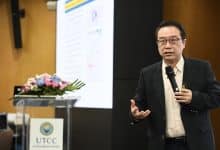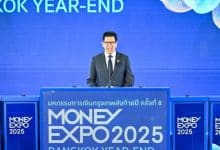PM Srettha unveils economic vision focusing on tourism and booze

Prime Minister Srettha Thavisin unveiled his comprehensive vision for Thailand’s economic boom, focusing on tourism enhancement and the liberalisation of alcohol consumption at internationally renowned concerts. Speaking at the Thailand Vision gathering at Government House, PM Srettha’s address, which was broadcast live on NBT television, presented his ambitious strategies to foster economic growth.
Tourism is at the core of his economic blueprint, with PM Srettha predicting substantial growth in this sector over the coming four years. He pledged to elevate lesser-known provinces like Nong Bua Lam Phu, Mukdahan, Ranong, Nakhon Si Thammarat, and Nan into primary tourist hotspots, reported Bangkok Post.
“At Nan, there is an airport but there is no lighting. Travelling there is not possible at night. There is no immigration service. I will promote Nan as a World Heritage site.”
The Bangkok-born prime minister also intends to capitalise on Thailand’s soft power assets. He cited Muay Thai as a potential national revenue source through overseas training camps and boxing gear sales. Moreover, he announced plans to host world-class concerts, attracting international visitors and adjusting regulations to allow alcohol consumption at these events. He expressed that drinking at concerts aligns with the lifestyle preferences of international tourists.
Moreover, PM Srettha declared his intention to make Thailand a homestay choice for global travellers through several policy implementations, including visa-free entry.
Further augmenting the travel sector, he pledged to enhance medical services for international tourists, including the removal of barriers preventing visitors from Kenya and Saudi Arabia from claiming health insurance for treatment in Thailand. He also committed to increasing the number of new doctors to meet patient demand.
Thai agriculture
Turning to agriculture, the prime minister promised to bolster farmers’ incomes via precision fertiliser use, soil improvement and water management. He also voiced plans to position Thailand as a global food source, with countries like Brunei and Malaysia expressing interest in establishing halal food factories in Thailand’s far South, given peace restoration.
The Thai prime minister also committed to developing one-stop services for agricultural product exports, pledging improvements in immigration processes and private jet facilities to boost the aviation sector.
He identified the automotive industry as another economic pillar, with plans to establish supply chains for electric vehicle (EV) production, thereby transforming Thailand into an EV production hub. This move would also encourage Japanese auto manufacturers to transition from internal combustion vehicles to EVs while attracting other automakers to establish factories in Thailand.
In addition, the 62 year old prime minister envisions Thailand becoming a hub for technological and digital operations. He noted there are approximately 300,000 software developers in the country. Attracting international technology companies to develop projects in Thailand, he contended, would offer lucrative six or seven-digit monthly salaries.
Lastly, he expressed plans to enact laws concerning digital assets and develop a carbon credits market, a move that would generate additional revenue.
In related news, the National Alcohol Beverage Policy Committee investigated extending alcohol sales hours in Thailand, weighing economic benefits against potential public health concerns.
Latest Thailand News
Follow The Thaiger on Google News:


























